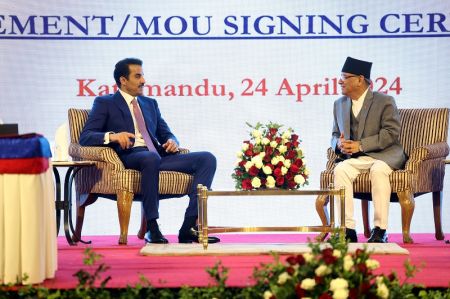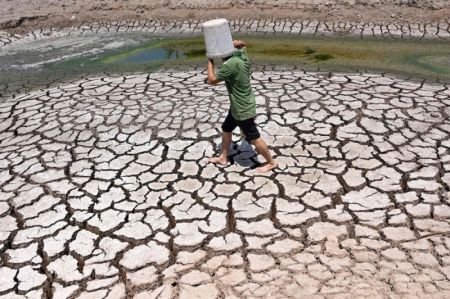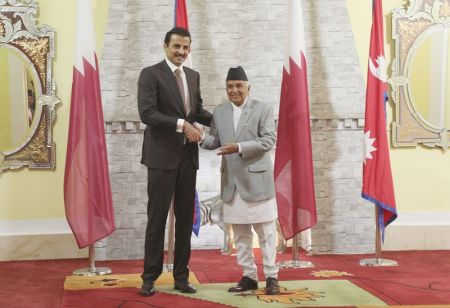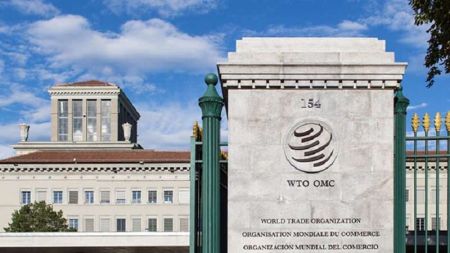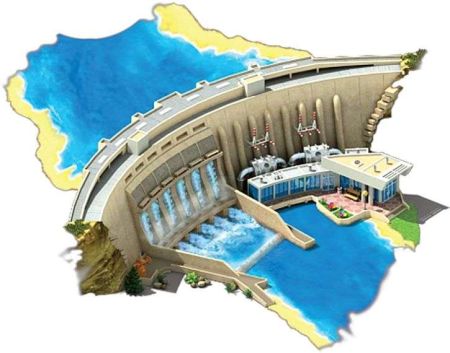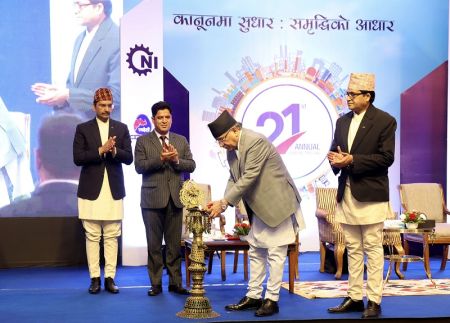January 16: The meeting of the Legistalure-Parliament held on January 13 has ratified the Protocal Amending the Marrakesh Agreement establishing the World Trade Organisation (WTO) to be included in the schedule of the Agreement on Trade Facilitation of the World Trade Organisation.
According to a press statement issued by the Ministry of Commerce, the agreement was endorsed by the ninth minister level conference of the WTO held in Bali, Indonesia on December 2013 after lengthy talks and discussions. "Nepal had played a crucial role in finalising the agreement as a convenor of the least developed countries. The agreement to be implemented after aproval by two third members of the organisation is so far approved by the 106 members among the total 164 countries," reads the stattement. India, Bangladesh, Pakistan, Afghanistan and Sri Lanka have already ratified it from the south asia region.
The Trade Facilitation Agreement is aimed at minimizing the cost of international trade by streamlining the process of cross border transportation of goods, promoting good governance by developing legal and transparent customs system and guaranteeing the transit rights of landlocked countries. It is expected to make trade transparent, austere and effective and will help attract further foreign investment thereby making positive influence in the Nepali economy.
The provisions in the agreement have guaranteed financial and technical assistance to least developed countries like Nepal. There is also provision that countries will not be liable to implementing provisions in which financial and technical assistance is sought.
Some programs including policy and legal reform, customs modernization, trade infrastructure building, development and upgrading have been implemented in Nepal for trade facilitation. Nepal has already implemented some of the provisions.
It is expected that considerable contribution will be made in trade sector reform through trade facilitation at a time when Nepal had deteriorating competitive capacity due to our supply constraints and lack of increase of Nepal’s export due to high trade costs.


